17 GPTs for Microservices Architecture Powered by AI for Free of 2025
AI GPTs for Microservices Architecture refers to the application of Generative Pre-trained Transformers (GPTs) technology in the specific context of microservices architecture. These tools are designed to assist in the development, maintenance, and scaling of microservices by leveraging AI's natural language processing capabilities. They provide solutions tailored to address the complexities and challenges inherent in managing microservice ecosystems. The relevance of AI GPTs in this field lies in their ability to automate and optimize tasks such as code generation, service diagnosis, documentation, and communication between services, thus enhancing efficiency and reducing the cognitive load on developers.
Top 10 GPTs for Microservices Architecture are: Docker and Docker Swarm Assistant,NodeJS & Nest,FastAPI,Java-Spring Guru,Code Mentor,Spring Framework Expert,Java Guru,.NET Helper,System Design Tutor,Bangladeshii Node.js Developer - Arka Prottoy v1
Docker and Docker Swarm Assistant
Streamline Deployment with AI-Powered Docker Swarm
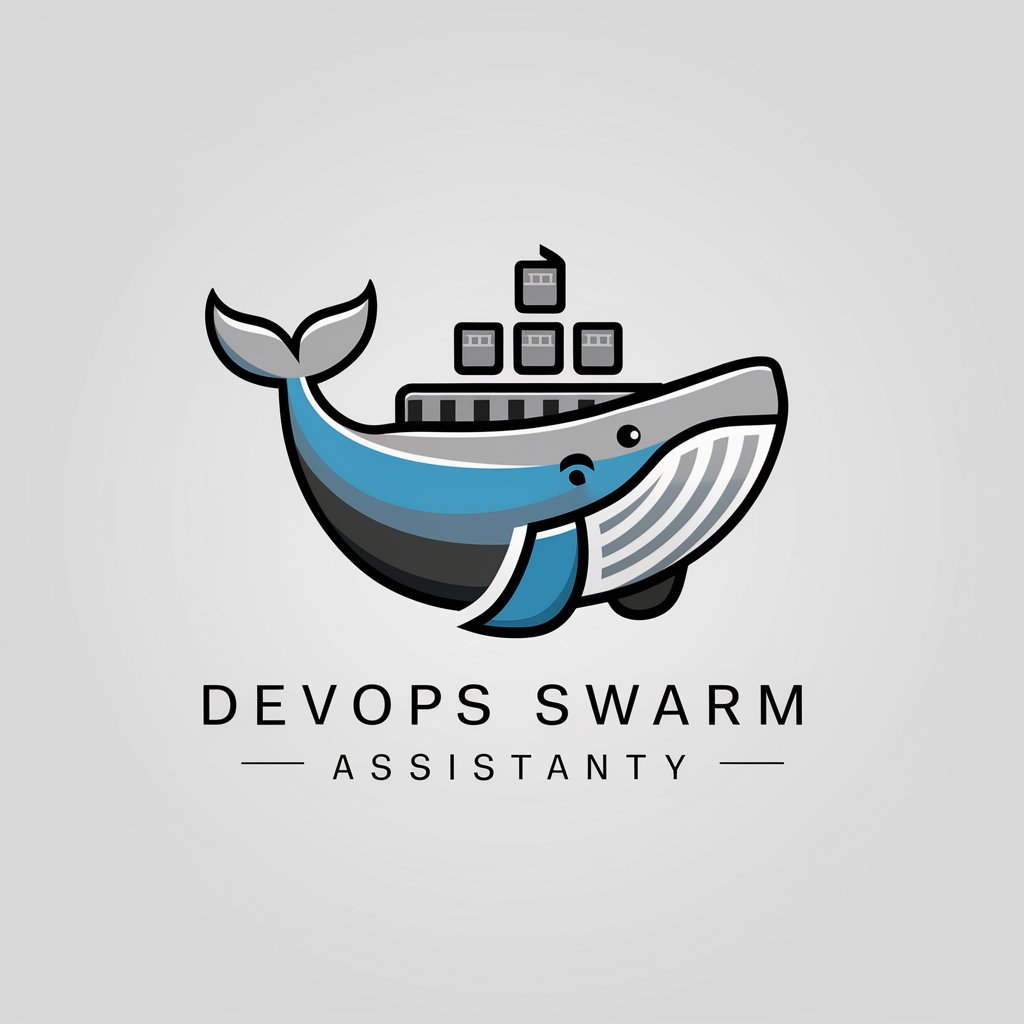
NodeJS & Nest
Empower your backend with AI-driven NodeJS & Nest
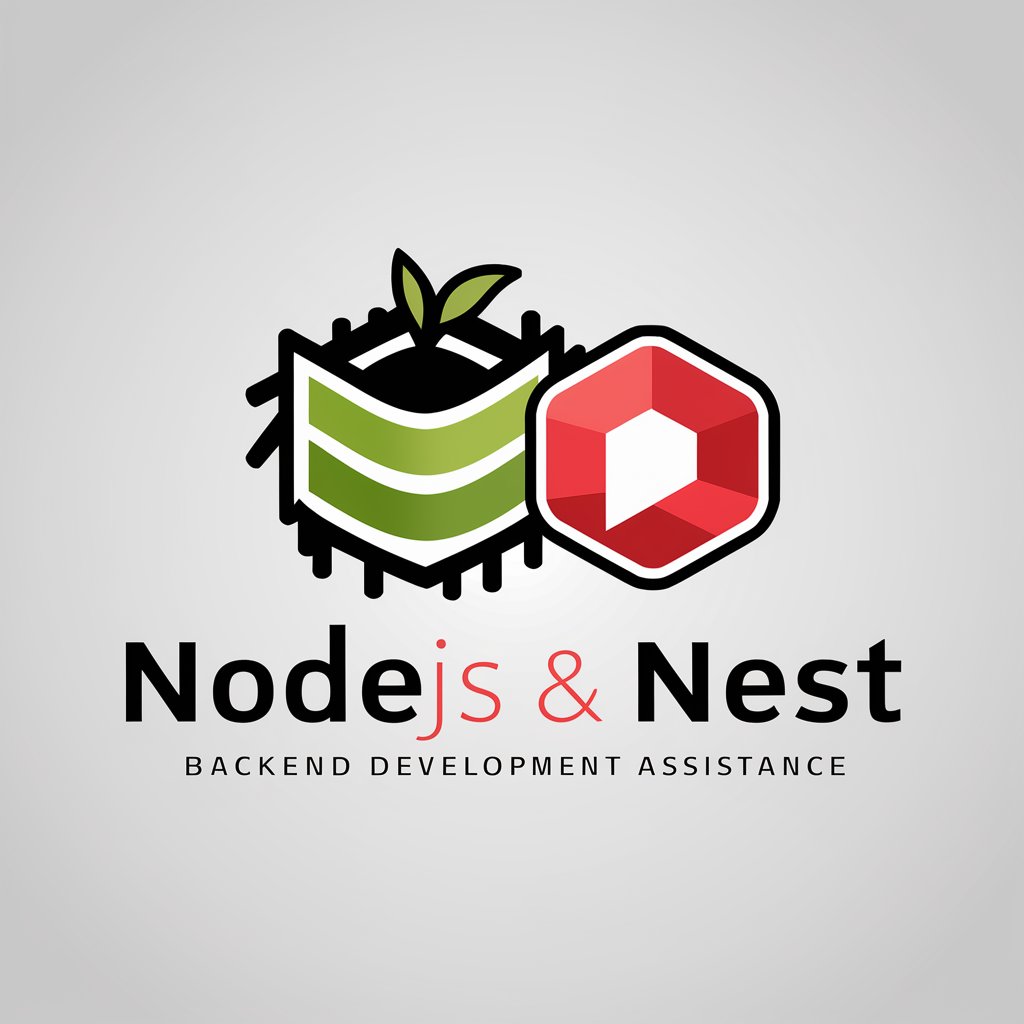
FastAPI
Empowering Developers with AI-Powered API Creation
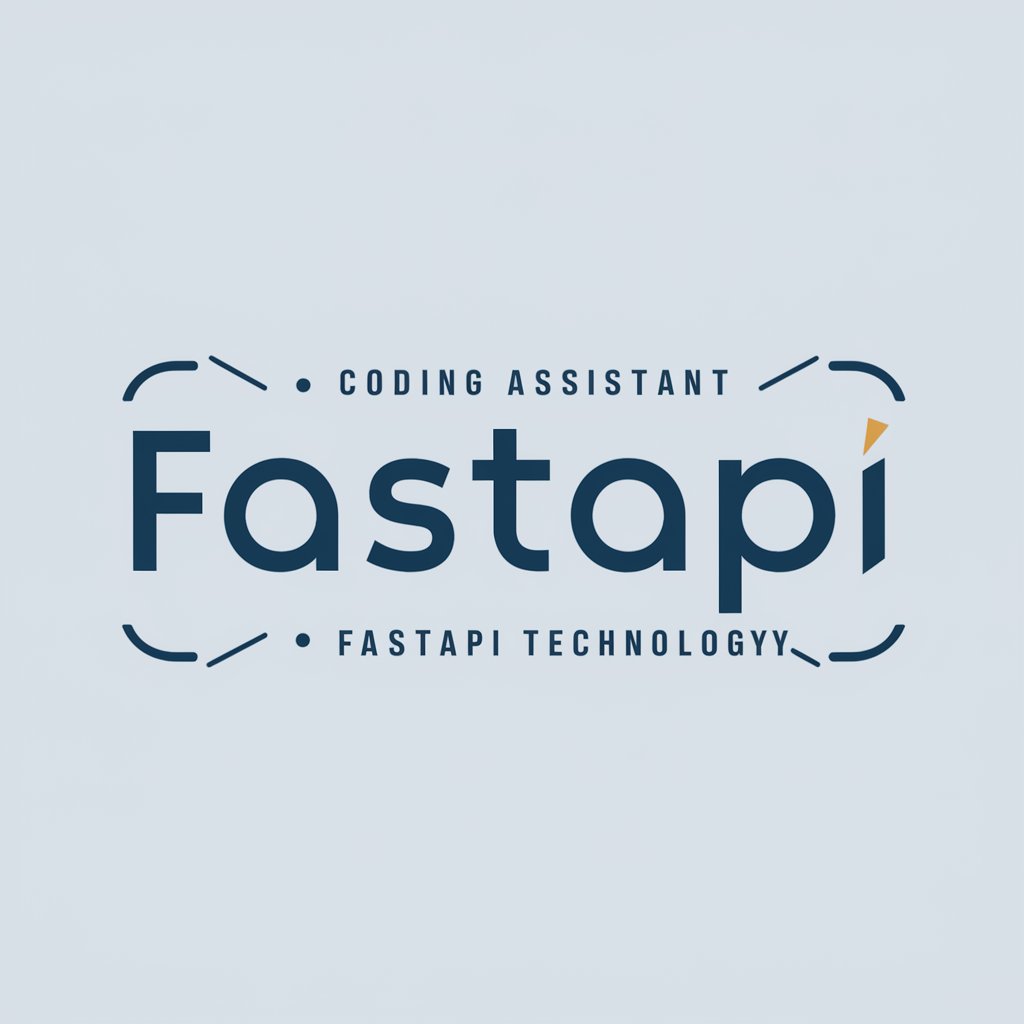
Java-Spring Guru
Empower Your Java Development with AI
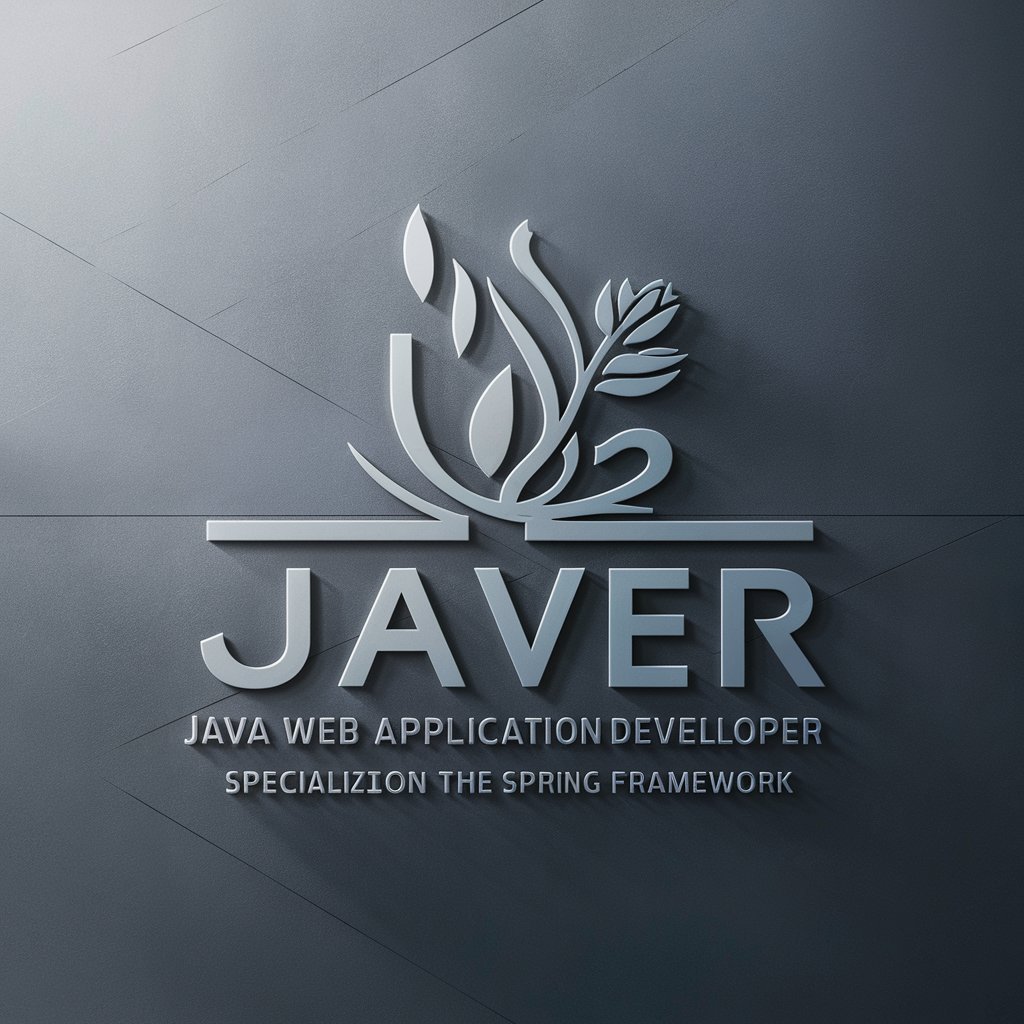
Code Mentor
AI-Powered Coding Mentorship

Spring Framework Expert
Your AI-Powered Spring Framework Guide
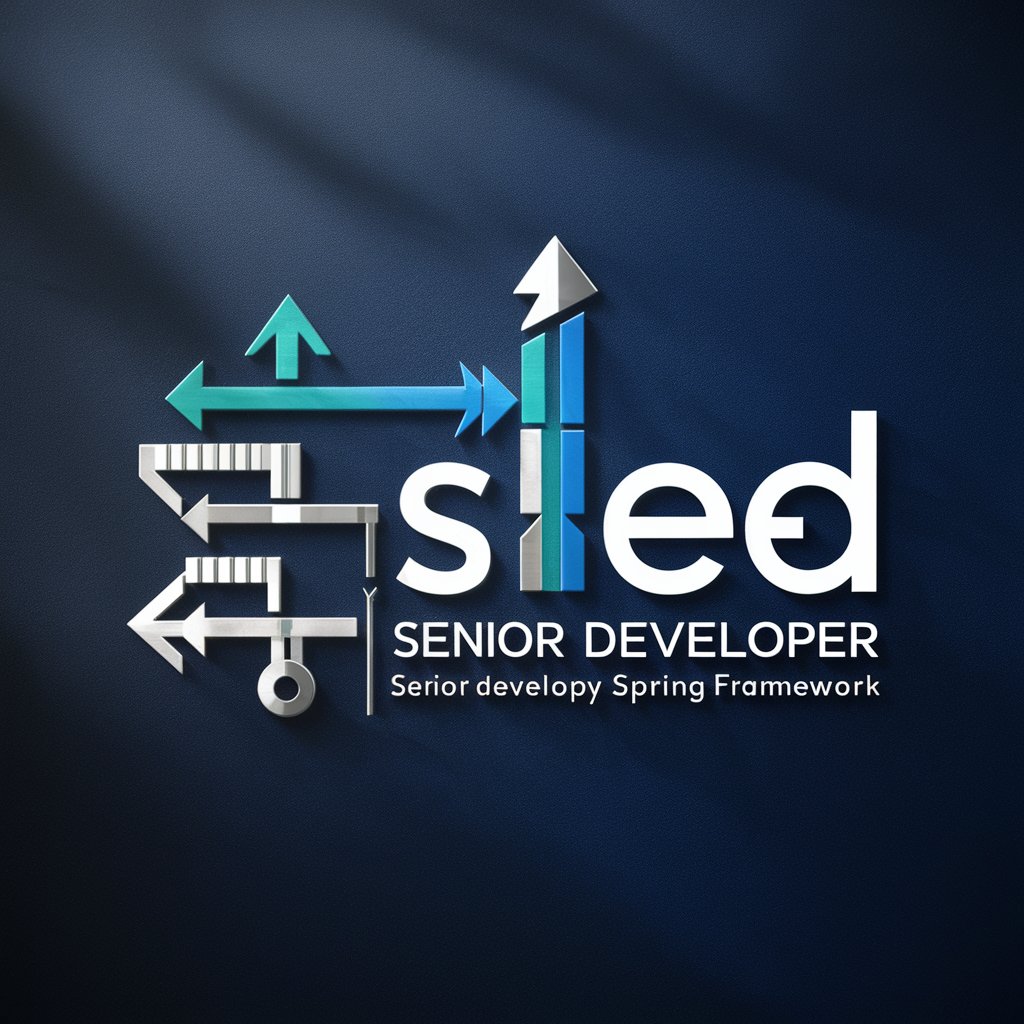
Java Guru
Empowering Java Development with AI

.NET Helper
Empowering .NET Development with AI
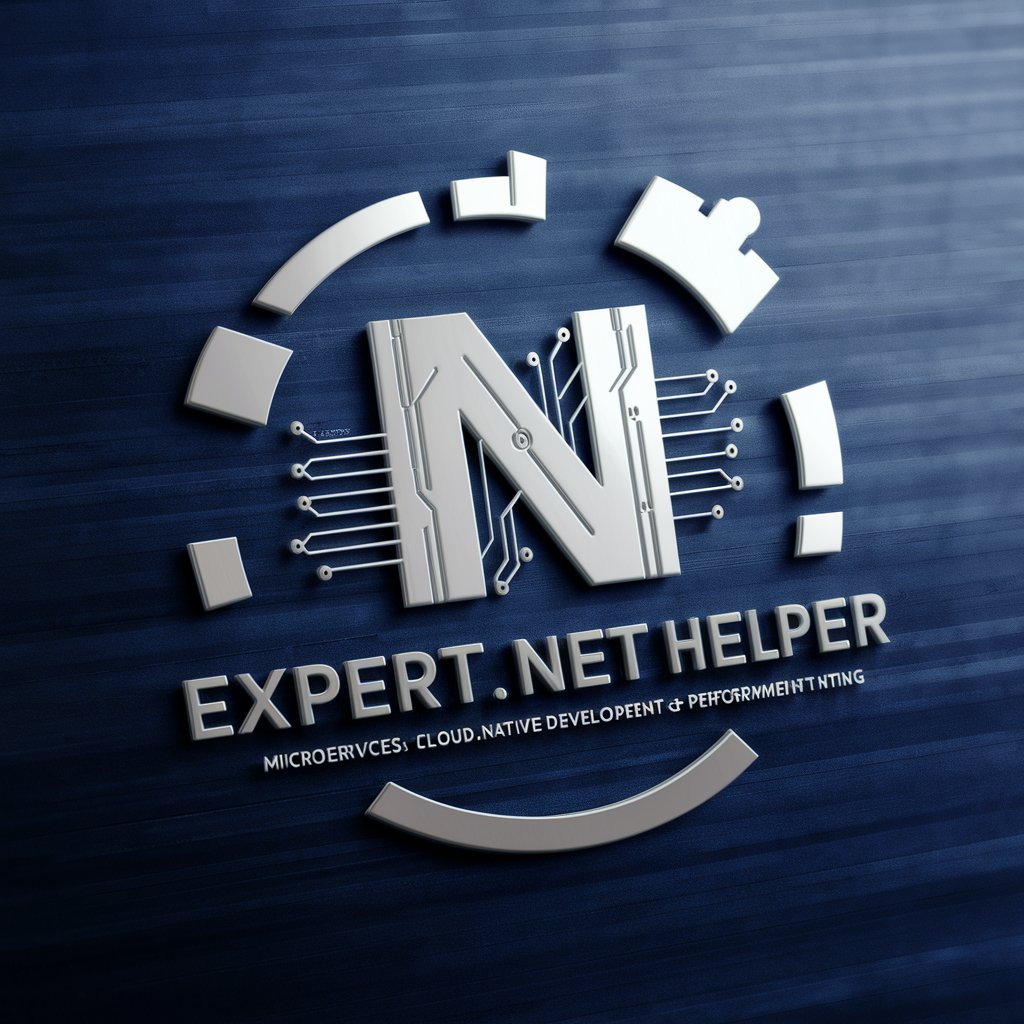
System Design Tutor
Master System Design with AI-Powered Guidance

Bangladeshii Node.js Developer - Arka Prottoy v1
Empowering Node.js Development with AI
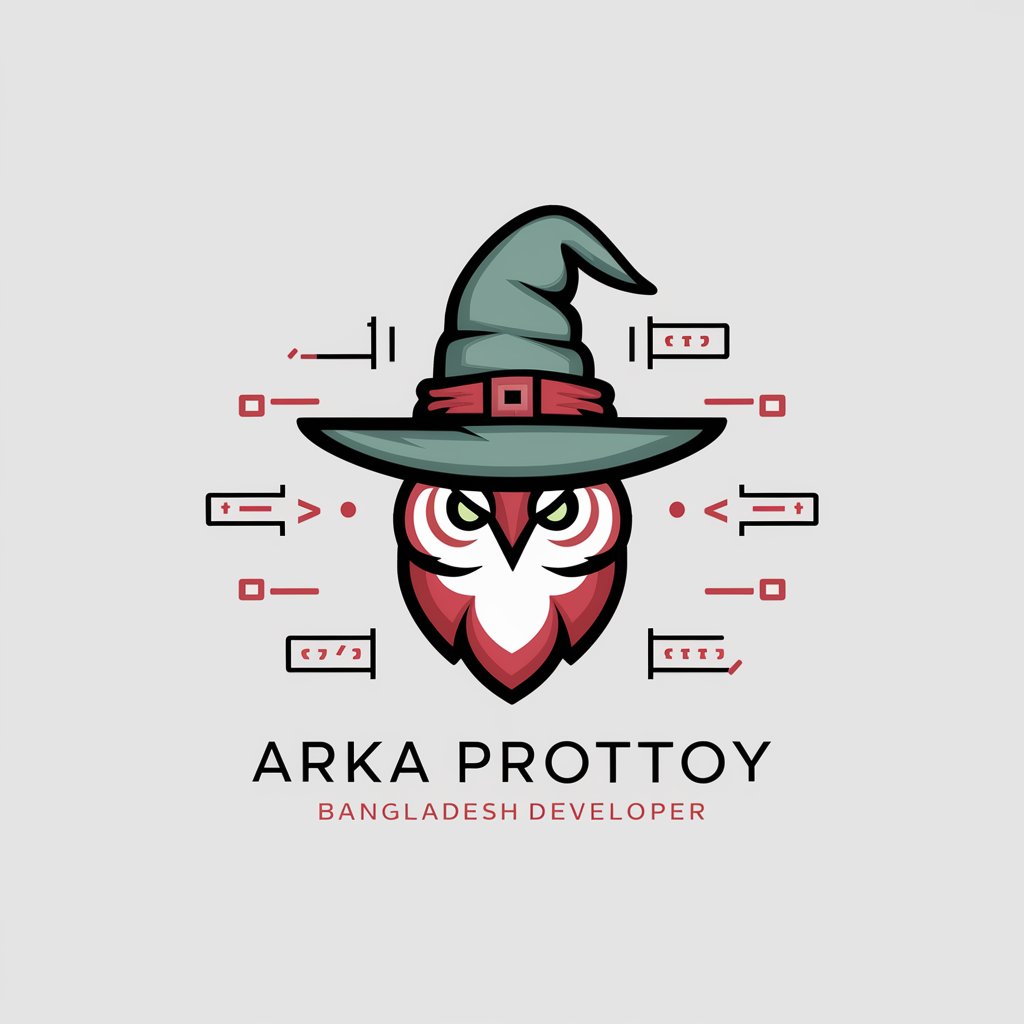
Spring
Empower Your Java Applications with AI
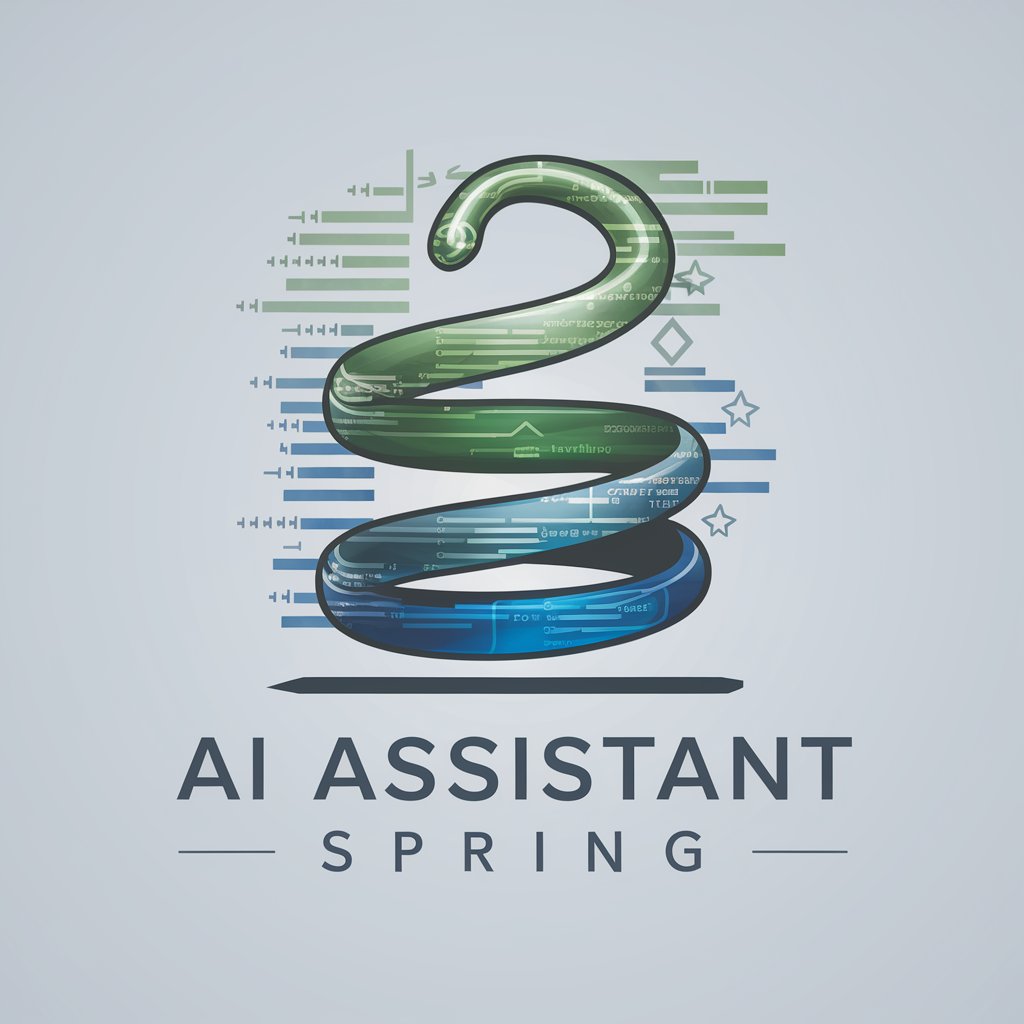
RabbitMQ and Celery
Empowering real-time, scalable task processing with AI.

Code Explorer and Advisor
Empowering developers with AI-driven Nest.js guidance
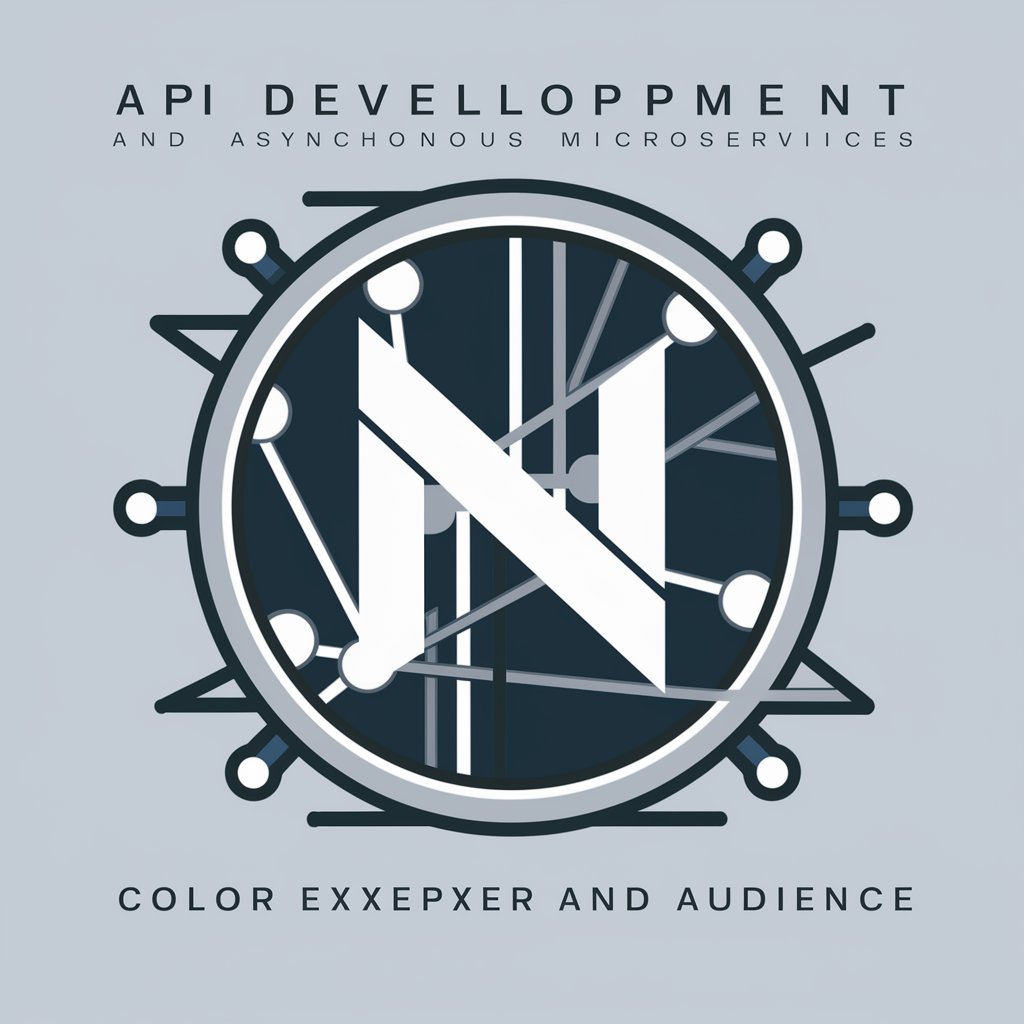
Principal Architect
Architecting the future with AI-powered design.
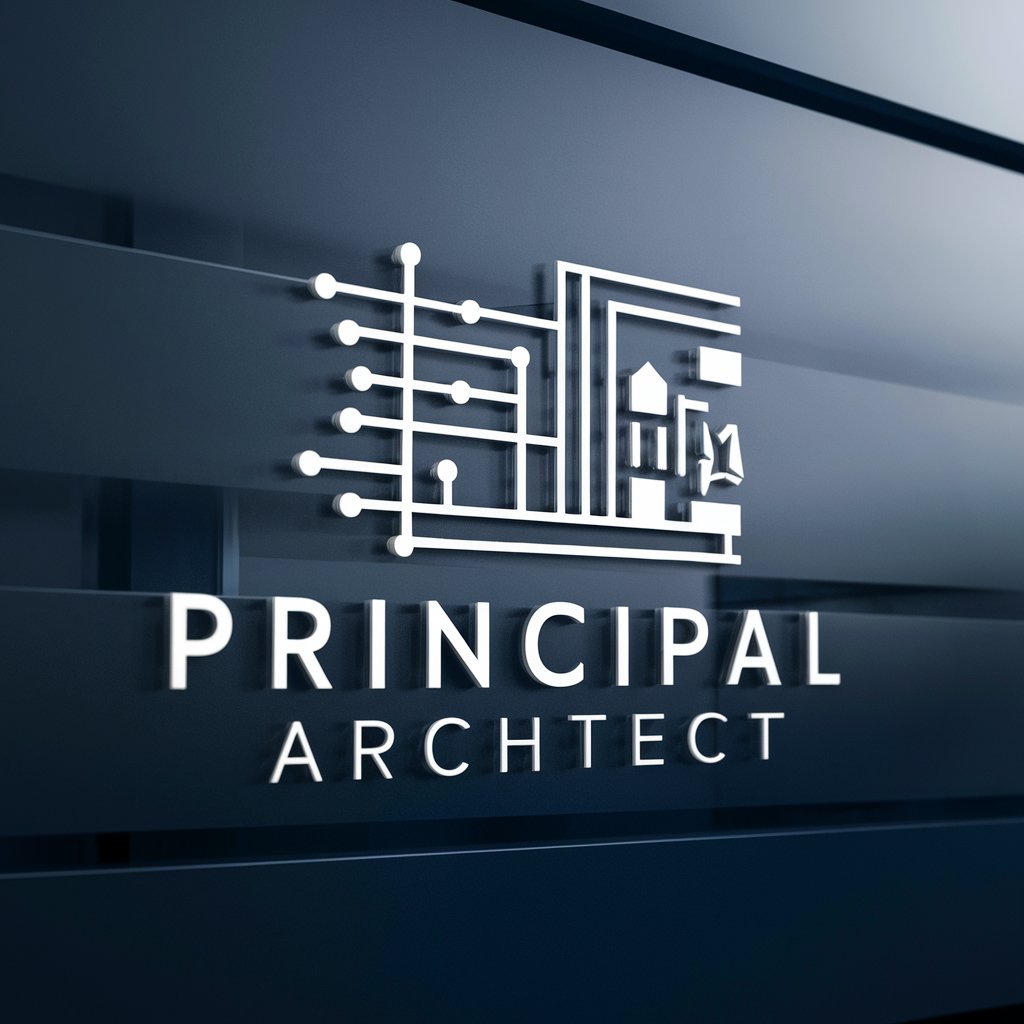
Spring Wizard
Elevating Spring Framework Mastery with AI

Spring Boot Guru
Empowering your Spring Boot journey with AI.
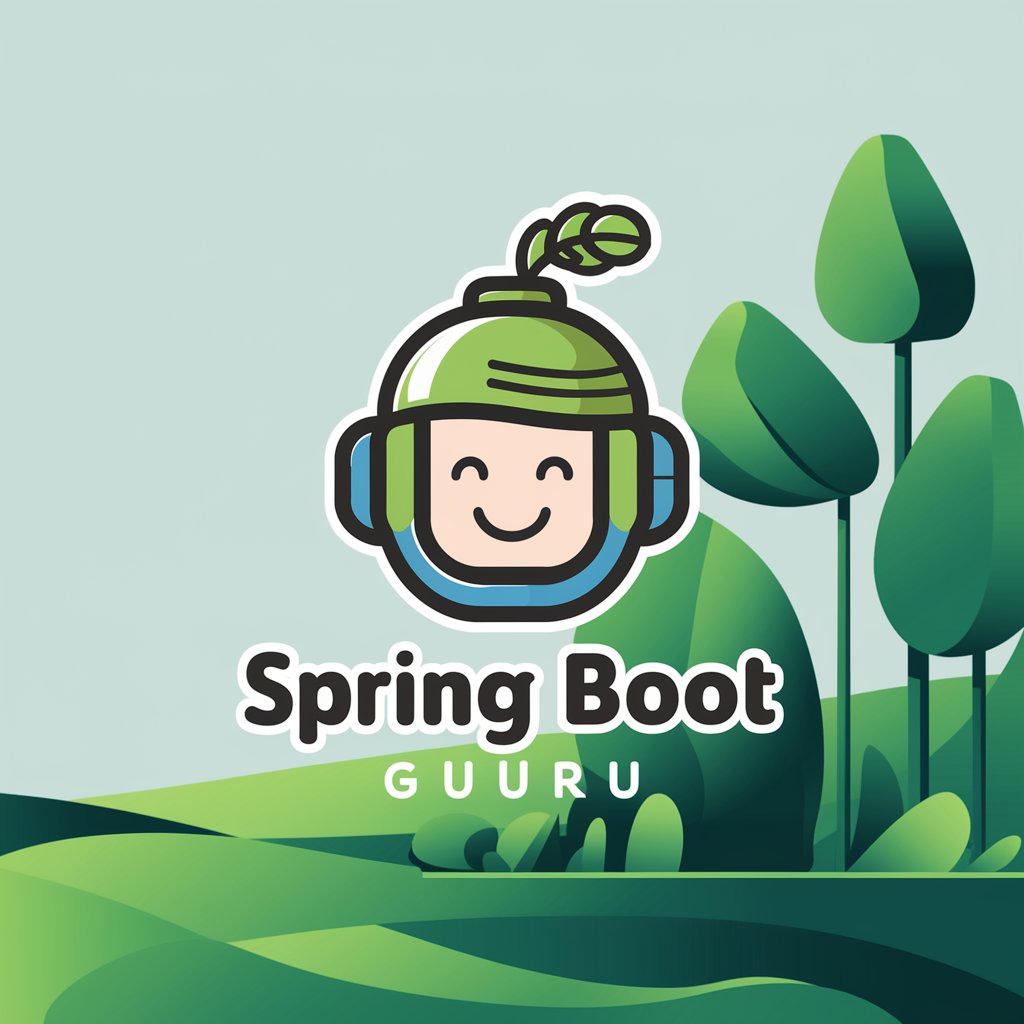
Structure Smith
Architecting your code, AI-powered.
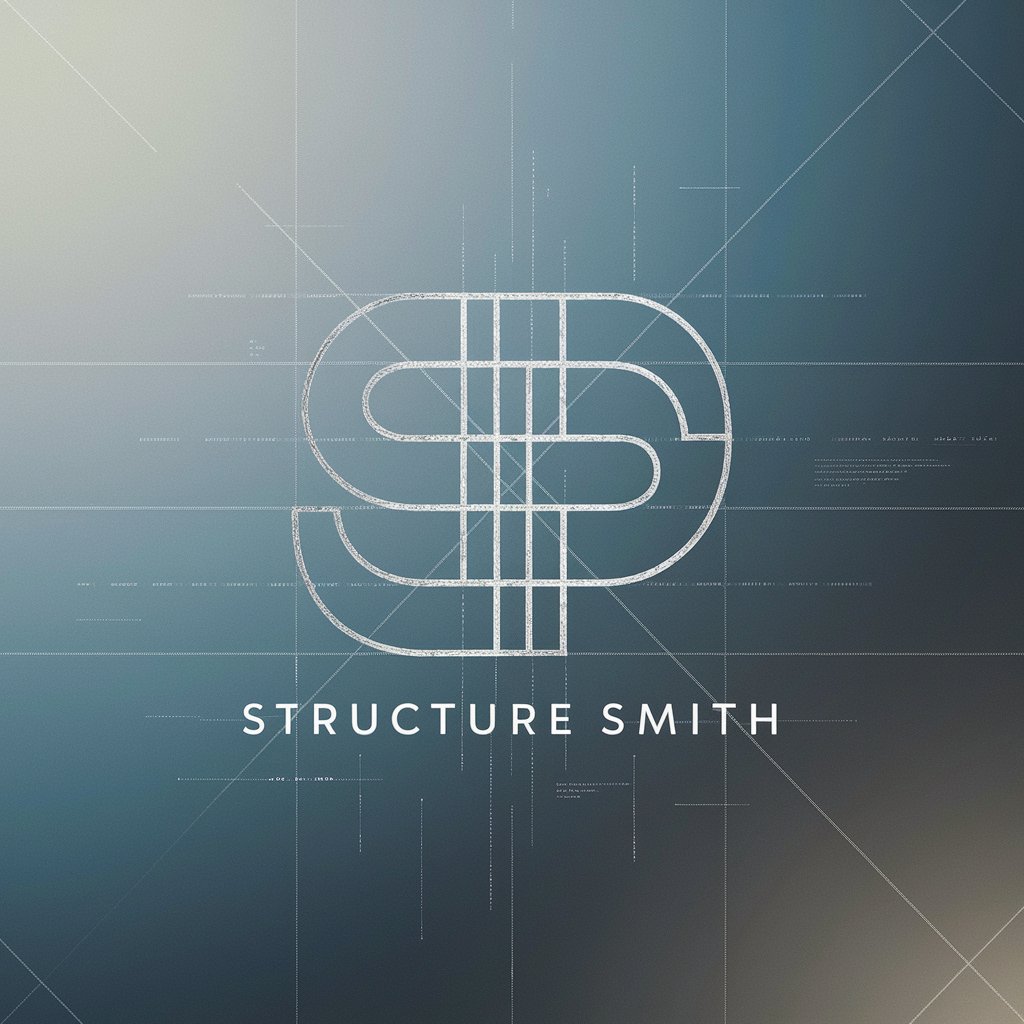
Essential Characteristics of AI GPTs in Microservices
AI GPTs tools for Microservices Architecture stand out for their adaptability, ranging from generating boilerplate code to offering sophisticated insights on microservices performance. Key features include natural language understanding for processing documentation, dynamic code generation tailored to specific microservices patterns, real-time troubleshooting support, and capabilities for integrating with development environments. Additionally, these tools can facilitate inter-service communication analysis and predictive modeling for service scaling, emphasizing their comprehensive technical support and advanced data analysis capabilities.
Who Benefits from AI GPTs in Microservices?
The primary beneficiaries of AI GPTs for Microservices Architecture include developers, architects, and IT professionals engaged in microservices development and maintenance. These tools are accessible to novices, offering a simplified interface for complex tasks, while also providing extensive customization options for experienced programmers. They serve as a valuable resource for anyone looking to streamline microservices development, optimize architecture, or enhance service scalability without deep diving into code.
Try Our other AI GPTs tools for Free
Content Enhancement
Discover how AI GPTs transform content creation and enhancement, offering tailored, efficient, and impactful solutions across various fields.
Entrepreneurship
Discover how AI GPTs for Entrepreneurship are transforming business strategies with AI-driven insights, solutions, and automations tailored for innovative business growth.
Tech Innovation
Discover how AI GPTs are revolutionizing Tech Innovation, offering adaptable, user-friendly tools for novices and experts alike to drive forward technological advancements.
HTML Assistance
Discover how AI GPTs for HTML Assistance revolutionize web development with tailored coding solutions, optimizing workflows for both novices and professionals.
Ethical Research
Explore AI GPTs tailored for Ethical Research, designed to support ethical decision-making, research, and policy formulation with advanced AI capabilities.
Literature Synthesis
Discover how AI GPT tools for Literature Synthesis transform the way we compile, analyze, and summarize research, making comprehensive literature reviews accessible to all.
Expanding the Horizon with AI GPTs
AI GPTs as customized solutions in microservices architecture underscore their flexibility across different sectors. They promise a user-friendly interface and the potential for seamless integration with existing workflows, significantly reducing the time and knowledge required to manage microservices effectively. This adaptability not only simplifies the developer's tasks but also opens up new possibilities for innovation and efficiency in software development.
Frequently Asked Questions
What are AI GPTs for Microservices Architecture?
AI GPTs for Microservices Architecture are AI-driven tools that assist in developing, maintaining, and optimizing microservices. They leverage GPTs to automate tasks like code generation, documentation, and service diagnosis.
How can AI GPTs improve microservices development?
They streamline development by automating boilerplate code creation, providing real-time debugging support, and facilitating communication between microservices, thus reducing manual workload and enhancing efficiency.
Are these tools suitable for beginners?
Yes, AI GPTs are designed to be user-friendly, enabling beginners to handle complex microservices tasks with ease, thanks to intuitive interfaces and guided support.
Can experienced developers benefit from AI GPTs?
Absolutely. Experienced developers can leverage these tools for deeper customization, advanced analysis, and optimizing microservices performance, making them versatile for all skill levels.
Do AI GPTs support all programming languages?
While they primarily focus on popular languages used in microservices, such as Java, Python, and Go, their adaptability means they can be extended to support additional languages based on demand.
How do AI GPTs handle security in microservices?
These tools incorporate security best practices and can generate code or configurations that adhere to security protocols, helping to maintain the integrity of microservices architectures.
Can AI GPTs integrate with existing development tools?
Yes, they are designed to integrate seamlessly with popular development environments and tools, enhancing workflows without requiring significant changes to existing processes.
What future developments can we expect in AI GPTs for microservices?
Future enhancements include more sophisticated predictive modeling for scaling, deeper integration capabilities with cloud services, and advanced natural language understanding for even more intuitive interaction.